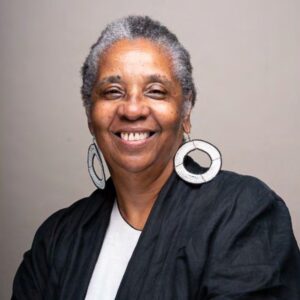
What Ritual Does…
Part Three: Ritual Bring Us into a Divine Dance (the real-time, active participation in the transcendent, where the physical realm intercedes for the spiritual realm).
A Divine Dance; ritual creates a divine dance between the guide and the participants, the teacher, and the learner. Ritual uses the spiritual nature of rhythm, coordinated actions and speech to invoke teaching and learning as a “divine dance.” A dance, between the life’s purpose and mission of both the teacher and the student is at the heart of the exchange. It goes beyond discrete knowledge or application of course content. Ritual, when it is intentional, steps into the spiritual realm to illuminate the lessons we came here to receive. Ritual recognizes that everyone of us comes into being to learn a set of lessons. The lessons that aid us in becoming (better) and in sharing our becoming with others so that we are all becoming (better) and belonging.
Meaningfulness in learning is heightened when the learner can see and feel learning in alignment with purpose and the teacher sees and feels teaching as living-out purpose. Ritual not only pronounces this spirit work, but it also maintains this transcending dance while it seeks to intercede with earthly realities that would impede us from getting the lessons. Imagine this, a ritual lifting one’s life purpose and mission in ways that welcome, clarifiy, and situate the lessons as part of our Divine plan. Rituals create a Divine dance as expressions of wisdom and the gifts to be given as life’s mission are expressions of love.
For both the student and the teacher, every teaching moment is an opportunity to learn a transcending lesson, or to give a gift. What ritual does is enlist our active participation in the unseen as it negotiates what we can see, speak, feel, and touch.
Leave a Reply